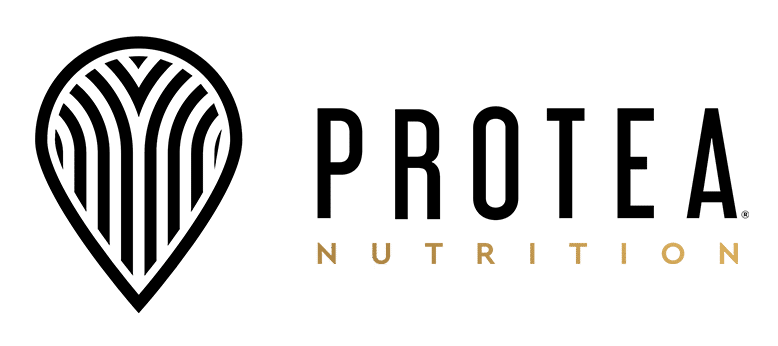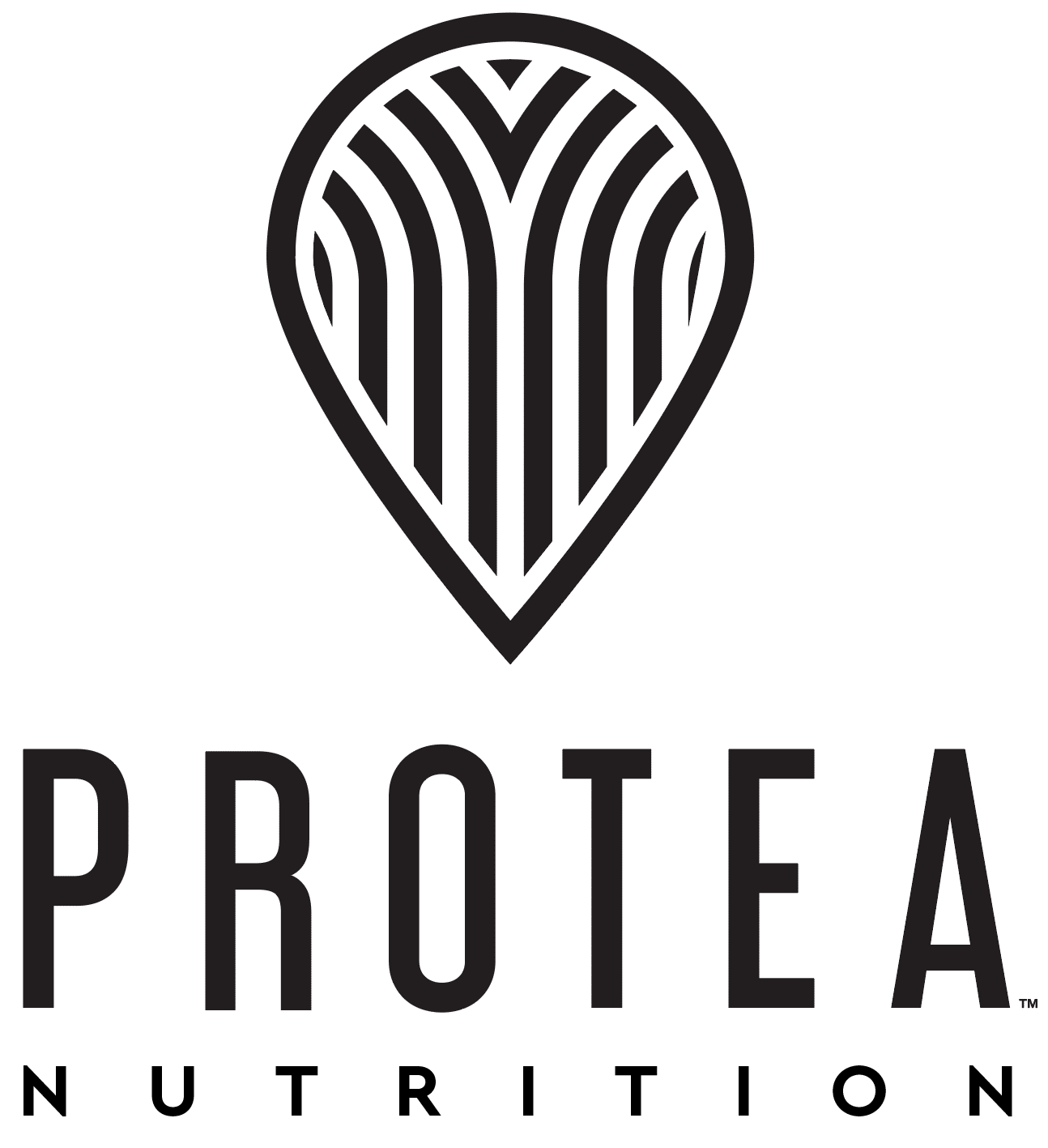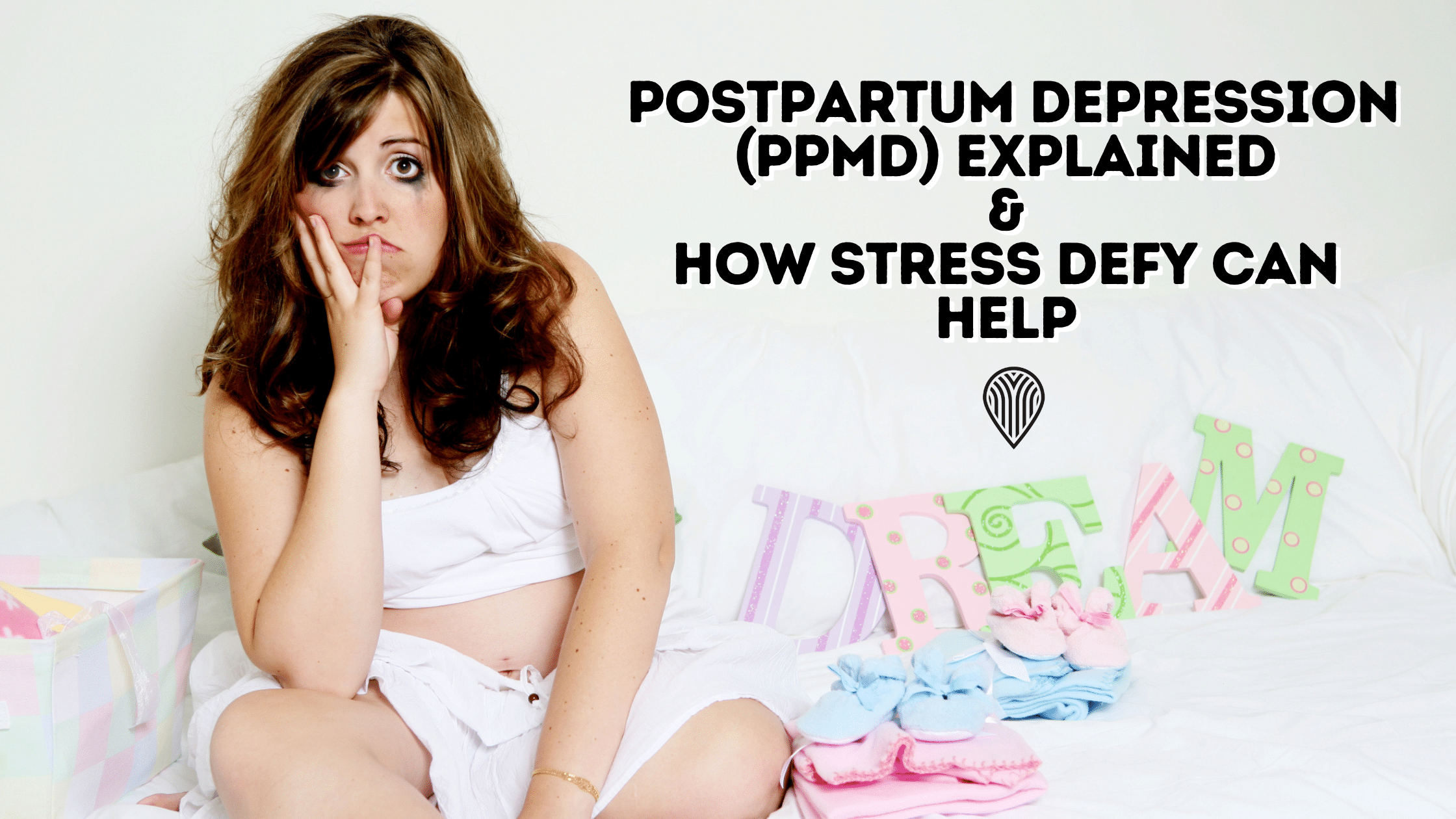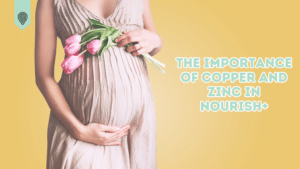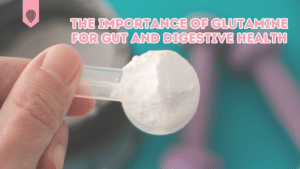Postpartum depression is an important topic mothers, expecting mothers and any woman interested in conceiving should be aware of. Up to 15% of women can experience postpartum depression after giving birth. Postpartum depression is a complex mix of physical, emotional, and behavioral changes that occur after giving birth that are attributed to the chemical, social, and psychological changes associated with having a baby.

There are three types of postpartum depression:
– Postpartum blues: AKA “baby blues”. This condition affects 50-75% of women after delivery. You can experience frequent, prolonged bouts of crying for no apparent reason, sadness, and anxiety. The condition usually begins in the first week (one to four days) after delivery. Although the experience is unpleasant, the condition usually subsides within two weeks without treatment.
– Postpartum depression (PPD): This is a much more serious condition than the “baby blues”. This condition affects about 1 in 10 mothers. If you have had PPD before your risk for experiencing this condition again increases by 30%. You may experience alternating highs and lows, frequent crying, irritability, and fatigue, as well as feelings of guilt, anxiety, and inability to care for your baby or yourself. Symptoms range from mild to severe and may appear within days of the delivery or gradually, even up to a year later.
– Postpartum psychosis: This condition is relatively rare affecting only 1 in 1000 women and does require emergency medical attention. The symptoms generally occur quickly after delivery and are severe, lasting for a few weeks to several months. Symptoms include severe agitation, confusion, feelings of hopelessness and shame, insomnia, paranoia, delusions or hallucinations, hyperactivity, rapid speech, or mania. Postpartum psychosis requires immediate medical attention since there is an increased risk of suicide and risk of harm to the baby.

There are medications mothers can take to help recover from PPD but we highly recommend taking a more natural approach to help ease the PPD symptoms, anxiety, worry and stress. Supplementing with Stress Defy can help manage the levels of anxiety and stress a mother faces during PPD. Turmeric helps reduce inflammation while ashwagandha helps balance out mood and emotions. Stress defy also includes holy basil which studies have shown can help with managing anxiety and depression. Rhodiola extract also works to improve mood and reduce anxiety.
Supplementing with a natural, herbal supplement such as Stress Defy can have a very positive impact on the surge of emotions and anxiety that comes along with PPD and postpartum anxiety.
If you are a mother who is experiencing any of the above postpartum conditions, it’s very important that you reach out to your healthcare provider. The information in this article does not serve to treat or diagnose any of the above conditions. Always consult your healthcare provider before starting any supplements.

The contents of this blog should not be taken as medical advice. It is not intended to diagnose, treat, cure, or prevent any health problem-nor is it intended to replace the advice of a physician. Always consult your physician or qualified health professional on any matters regarding your health. These statements have not been evaluated by the Food and Drug Administration. This product is not intended to diagnose, treat, cure, or prevent any disease.
